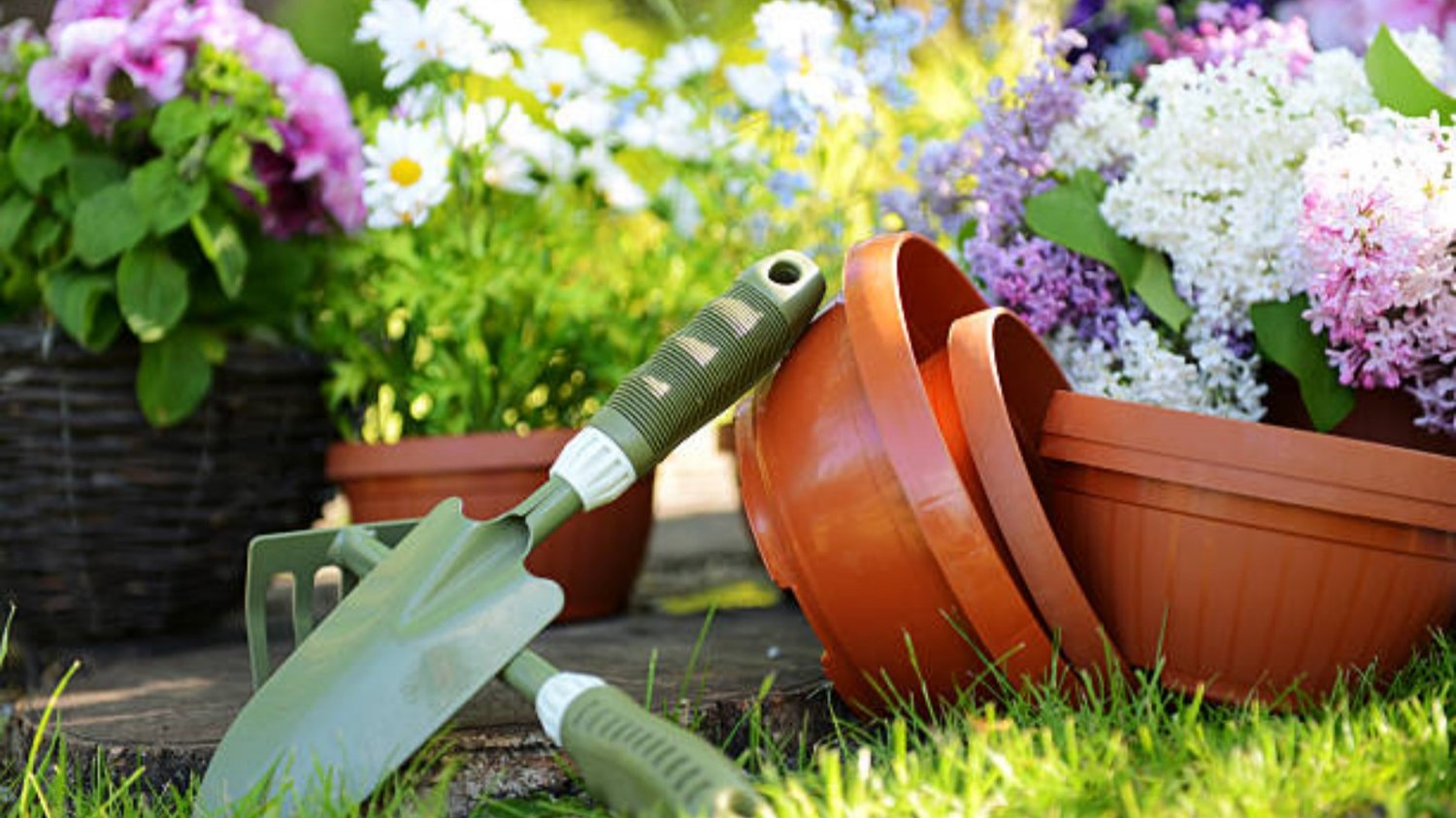Can you keep plants in plastic pots?
Plants bring life and beauty to any space, be it indoors or outdoors. One important decision that plant owners have to make is choosing the right type of pots for their plants. Plastic pots are a popular choice due to their affordability and durability. But can you keep plants in plastic pots? Let's explore this question in detail.
1. The Benefits of Plastic Pots
Plastic pots offer several advantages for plant enthusiasts. Firstly, they are lightweight, making them easy to move around. Secondly, they are available in a wide range of sizes, shapes, and colors, allowing for more creativity in plant arrangements. Additionally, plastic pots are generally more affordable compared to other materials, such as ceramic or clay.
2. Adequate Drainage for Plant Health
One crucial aspect of keeping plants healthy is ensuring proper drainage. Plastic pots often come with drainage holes at the bottom, allowing excess water to escape. If not provided, these holes can be easily drilled into the plastic. Adequate drainage prevents waterlogging, which can lead to root rot and other plant diseases.
3. Retaining Moisture in Plastic Pots
Plastic pots have the advantage of retaining moisture better than porous materials like clay or terracotta. This can be beneficial for plants that prefer slightly moist soil. However, it is essential to strike a balance, as excessive moisture retention can also lead to issues like fungal diseases or root rot. Monitoring the soil moisture levels and adjusting watering accordingly is crucial.
4. Temperature Considerations
Plastic pots can be affected by temperature fluctuations. In hot climates, plastic containers can absorb and retain heat, potentially overheating the roots of the plants. This can be mitigated by placing the pots in shaded areas or using light-colored plastic pots that reflect sunlight. On the other hand, in colder climates, plastic pots may not insulate the roots as effectively as ceramic or clay pots.
5. Managing Plant Growth
As plants grow, their roots require adequate space for expansion. Plastic pots are often available in larger sizes, allowing plants to grow more freely compared to smaller containers. Additionally, plastic pots can be easily repotted into larger ones without the risk of breakage. This flexibility makes plastic pots an excellent choice for plants that require frequent repotting.
6. Potential Chemical Leaching
One concern with plastic pots is the possibility of chemical leaching. Some low-quality plastic pots may contain harmful chemicals that can leach into the soil and affect plant health. To avoid this, it is advisable to choose pots made from food-grade or BPA-free plastic. Alternatively, lining the pot with a plastic bag or using a plastic saucer can create a barrier between the soil and the pot.
7. UV Degradation and Longevity
Exposure to sunlight can cause plastic pots to degrade over time. The ultraviolet (UV) rays from the sun can weaken the plastic, leading to discoloration, brittleness, and eventually, breakage. To prolong the lifespan of plastic pots, it is recommended to choose UV-resistant varieties or use them in shaded areas. Regular cleaning and maintenance can also help prevent the accumulation of dirt and debris.
8. Environmental Considerations
While plastic pots offer many benefits, it is essential to consider their environmental impact. Plastic is not biodegradable and can take hundreds of years to decompose. Choosing pots made from recycled or recyclable plastic can help reduce the environmental footprint. Additionally, reusing plastic pots or opting for alternative eco-friendly materials like biodegradable pots can be more sustainable choices.
9. Practical Tips for Plant Care in Plastic Pots
When using plastic pots for your plants, it is important to keep a few practical tips in mind. Firstly, ensure proper drainage by using pots with drainage holes or drilling them yourself. Secondly, monitor soil moisture levels closely to prevent overwatering or underwatering. Lastly, choose the right pot size to accommodate the plant's growth and repot as needed.
10. Conclusion
In conclusion, keeping plants in plastic pots can be a suitable option for many plant lovers. The benefits of plastic pots such as affordability, durability, and versatility make them a popular choice. However, it is crucial to pay attention to factors like drainage, moisture retention, temperature considerations, and the potential for chemical leaching. By making informed choices and taking proper care of plants in plastic pots, you can enjoy the beauty of nature in your home or garden.

